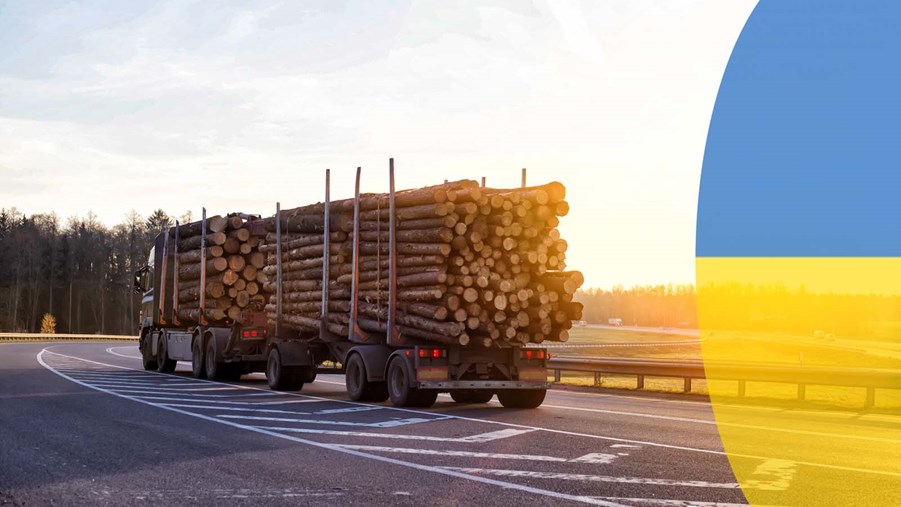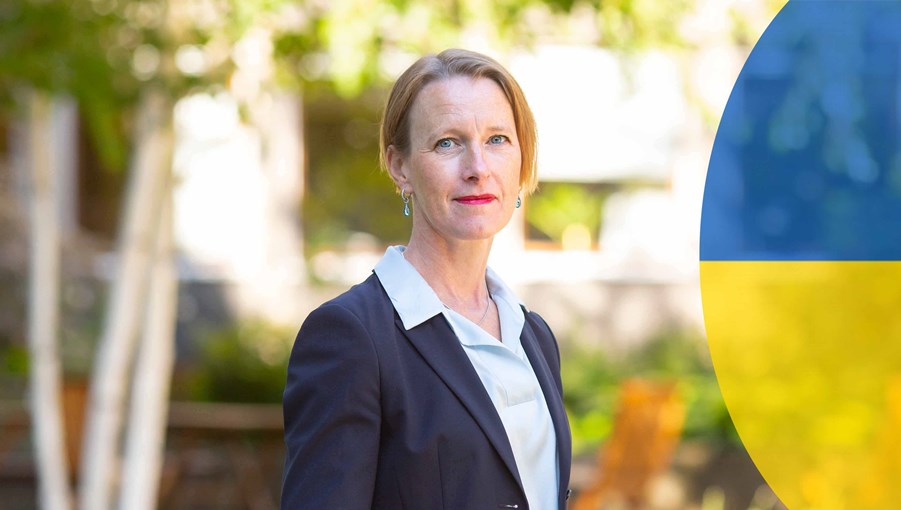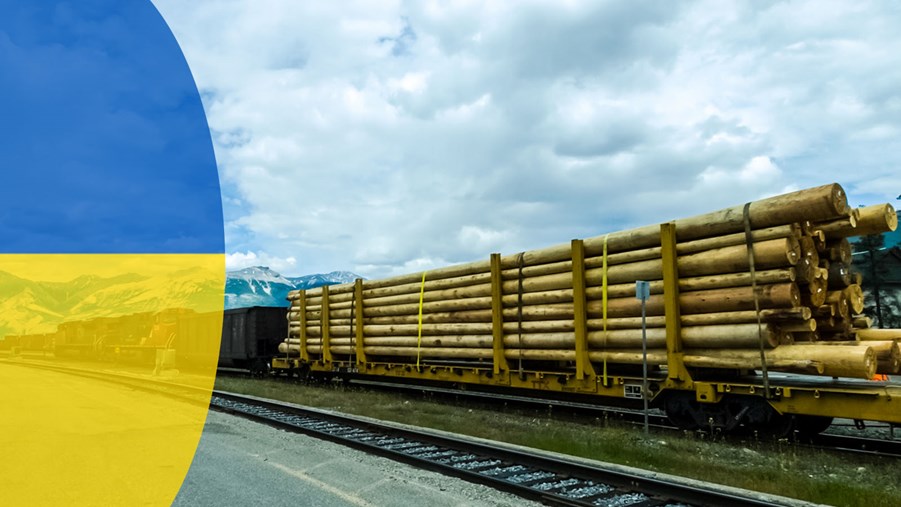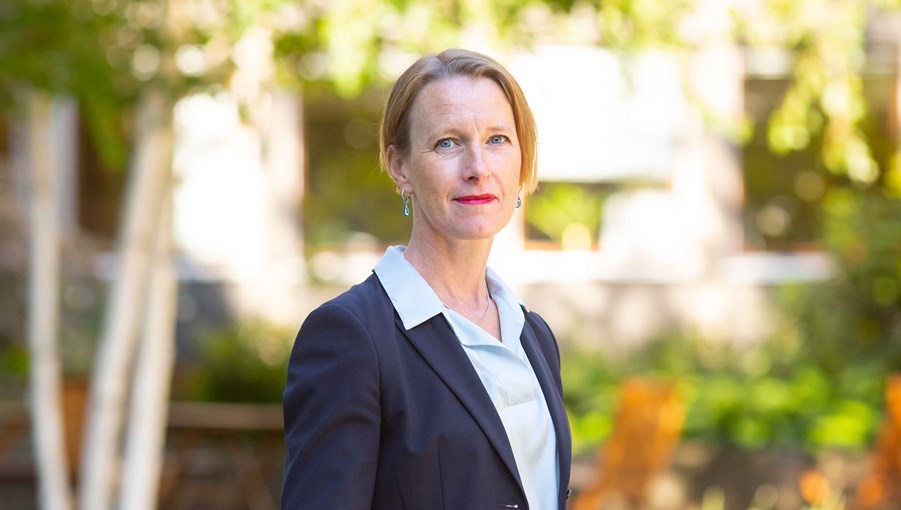
Russia's war of aggression against Ukraine is first of all a great human tragedy. In addition to human suffering, the war is also affecting the economy, not least transport and logistics throughout Europe. The container ships have stopped calling at Russian ports. Fuel prices are skyrocketing and truck drivers from Eastern Europe are being recalled for military service.
"The Swedish forest-based industry exports products all over the world and is dependent on functioning transport. So, it is not only a matter of stopped deliveries to and from Russia and Ukraine, but of all transports that depend on personnel from these countries, or from other places in Eastern Europe. Depending on future developments, the personnel question alone could affect the supply chain and the competitiveness of the forest-based industry," says Karolina Boholm, Transport Director at the Swedish Forest Industries.
Lack of transport capacity
Representatives from the Swedish forest-based industry are concerned about the shortage of trucks and truck drivers. Even before the war in Ukraine began, the lack of transport capacity has been a fact, which the industry attributes in part to the Mobility Package currently being implemented by EU Member States.
"We are in a troubling situation, where a number of interacting factors are limiting transport capacity throughout Europe. The EU Mobility Package has contributed to a shortage of truck drivers, which the war in Ukraine is now exacerbating. The war is primarily a great human tragedy, but there will also be great economic damage, says Magnus Svensson," President for Sourcing and Logistics at the Swedish Cellulose Company (SCA).
The purpose of the EU Mobility Directive is to reduce the risk of wage dumping and ensure a secure working environment for drivers, an issue which the Swedish government has pushed hard for within the EU.
"The Swedish Forest Industries support the aim of improving drivers' working conditions and enhancing regulation compliance in commercial traffic. But the Directive stipulates, among other things, that truck drivers must return home to their place of residence every four weeks, which can further reduce the availability of trucks, especially in prevailing circumstances when border crossings are more complicated, says Karolina Boholm.
What can decision makers do?
Since the outbreak of the war in Ukraine, the Swedish forest-based industry has kept an ongoing dialogue with politicians, government officials and other decision makers.
"We make sure to stress the need for functioning transport throughout the EU. It may be necessary to temporarily make exemptions from the Mobility Package, as has already been done due to the covid pandemic. Moreover, as we put tough sanctions against Russia, we must ensure that supply chains elsewhere keep functioning. These are some of the issues we will discuss with politicians and other decision makers in Sweden and in Brussels," says Karolina Boholm.



